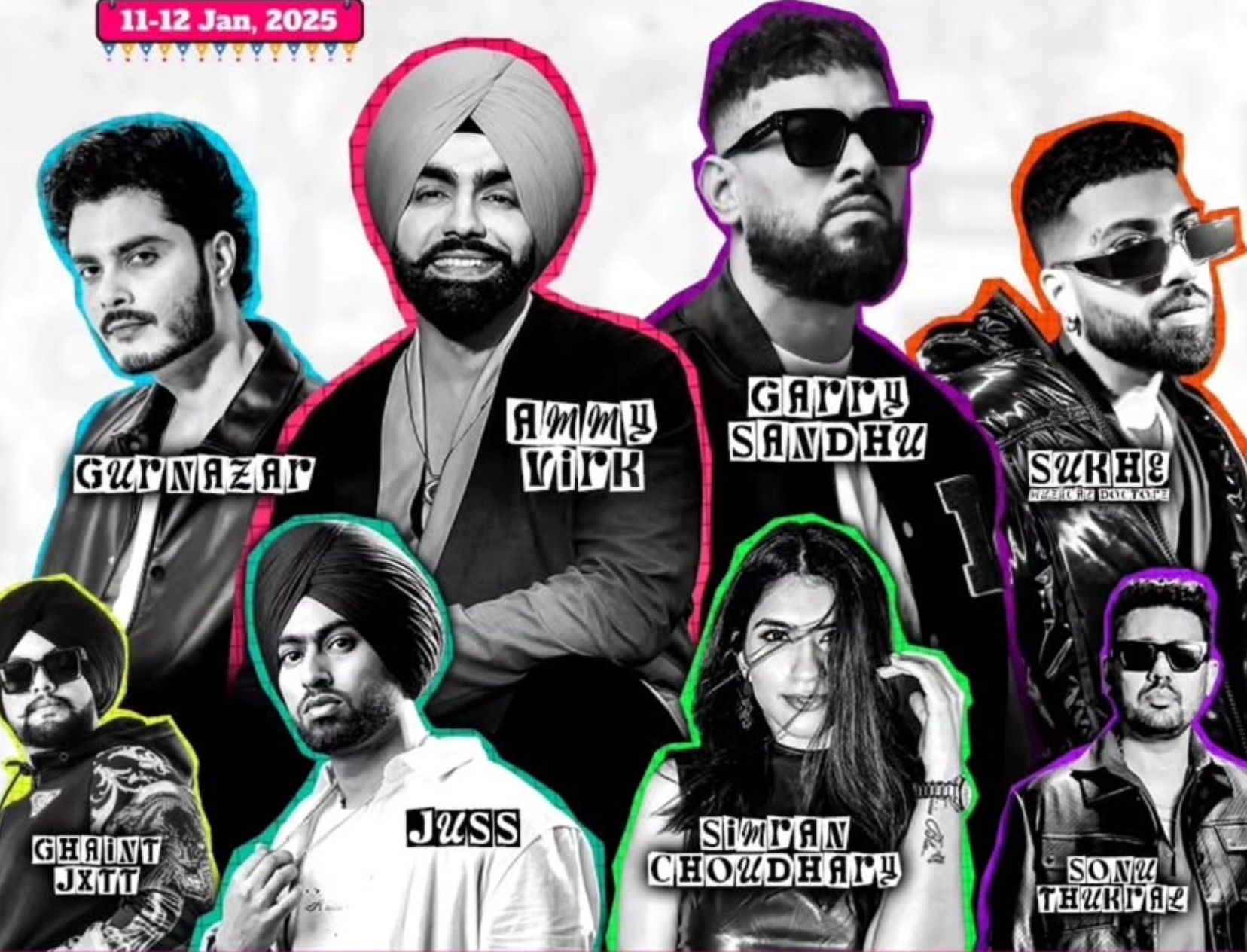Why have millennials romanticised dysfunctionality? This question doesn’t come from a place of bitterness but instead raging curiosity. Why have we as a generation fallen in love with being ‘broken’. First things first, when compared to Baby boomers (1946 – 1964), Millennials (1983 – 2000) have had an unstable environment to grow up in. Malcolm Harris in his book Kids These Days: Human Capital and the Making of Millennials talks about the reason behind this dysfunctionality, and how the world that was built for us added to the chaos. He states that the generations before “changed the world in ways that have produced people like us.”
So what were the circumstances? The economy and burdening student loans were just one, parents who were either overprotective and intrusive or ‘difficult to please’ another. Which resulted in children with higher tendencies of self-harm, depression, anxiety and other mental health issues. However, we found a way to cope with it, maybe not in a healthy way. We turned the inner chaos, ‘flaws’ and ‘scars’ into lovable aspects that form the basis of romantic relationships.
The constant need to ‘fix’ someone became a priority, and somewhere down the line, our acceptance slipped into ignorance. We opened our arms to sexual preferences, mental illnesses, casual relationships, heartbreak, while simultaneously trivialising them.
‘I need someone who will break down my walls,’ doesn’t this sound familiar? We are in love with the concept of love, the concept of finding the one. But the definition of this person has changed, no more a knight in shining armor, we are constantly looking for someone we can make better. However, we went overboard with the ‘fixing’ and turned it into a fad. From pop culture to art, we’ve had influencers.
A generation that saw diversity in a new light and hence grew up tolerant, we began this journey the right way but then we turned a corner to the woods and lost ourselves. Acceptance isn’t always the same way and hence began the abuse of this power. ‘You look retarded’, ‘Don’t be gay,’ ‘You need to stop being bipolar,’ these sentences seem common to us. Our crippling mental illnesses have turned into an excuse for some, sadness isn’t the same as depression, being moody isn’t bipolar and nervousness isn’t anxiety. And while this may sound insensitive, we need to fix our attitude towards dysfunctionality.
You aren’t broken, you’re human.





